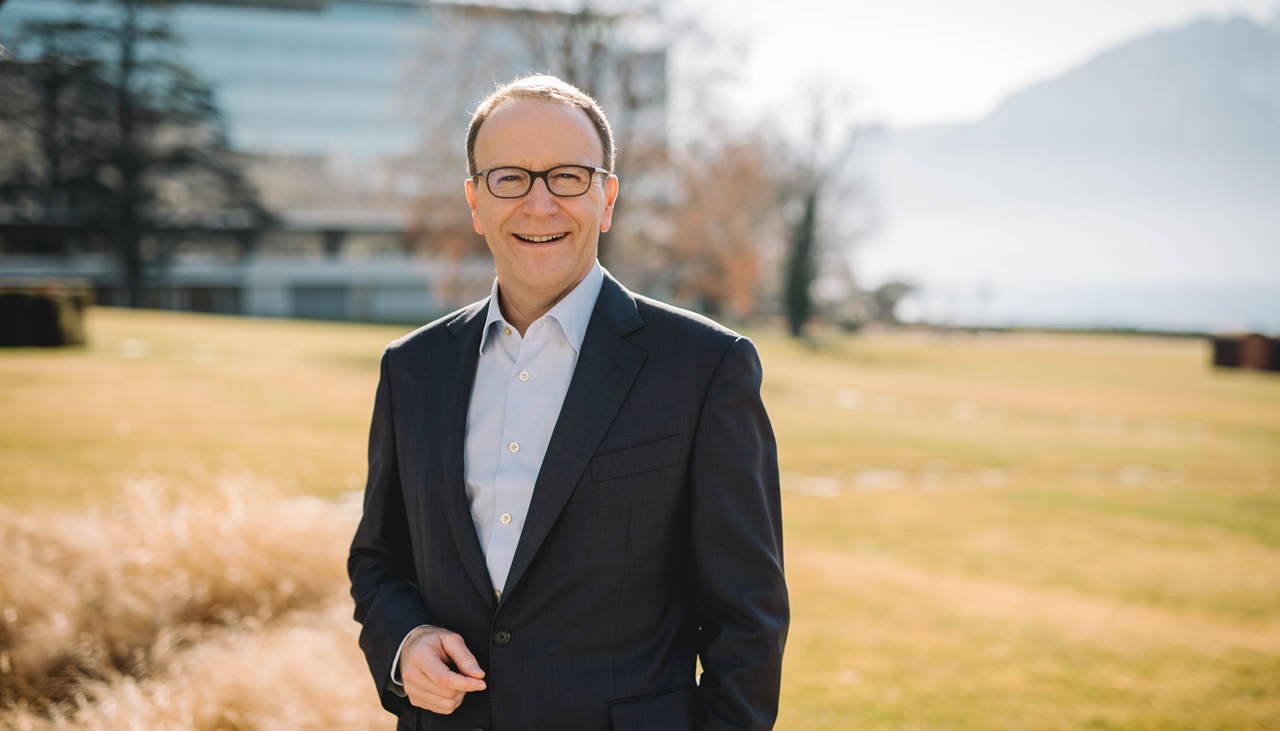
Rise and fall of a successful leader in a “market giant” food company
Mark Schneider was suddenly ousted last week as CEO of Nestlé. Some leadership lessons from the story of a successful executive.
Nestlé is a “heavyweight champion” of the global food industry: last year it posted revenues of $103 billion, up nearly 5% - easily the largest in the world.
Mark Schneider was the CEO in charge of steering the company successfully through the pandemic, the logistical collapse, and the price crisis.
But, Schneider was ousted on Thursday for reasons few know, as the company did not clearly explain the nature of the decision. The sudden move at the company's C-level involved the promotion of Laurent Freixe as CEO, an executive with more than 40 years with the company, and now in charge of Zone Latin America.
What lessons does this situation teach us about business leadership?
Most importantly, personality and reality are not the only factors in leadership. Making good decisions is critical to the health of the company. From this perspective, the numbers have not been with Shneider in the recent cycle.
According to the sustainability report (2023), the company lost more than $5 billion in market capitalization and nearly $3 billion in net worth. The market punished its strategy for clear reasons.
Some analysts believe that Schneider had made the wrong decisions. "We’ve been of the view that the current CEO has been rather seduced into doing too many deals, often chasing growth through expensive acquisitions," said Freddie Lait, managing partner at Latitude Investment Management, quoted in a Reuters analysis.
RELATED CONTENT
It is related to a wave of purchases in Nestlé's Healt Sciences division. According to its website, over the past few years, the company acquired, among others, Vital Proteins, in 2020, some brands of The Bountiful Company (Nature's Bounty, Solgar, Osteo Bi-Flex and Puritan's Pride). In 2021, the acquisition of Nuun took place.
It seems to have gone the wrong way. Despite the financial effort, last year “reported sales at Nestlé Health Science declined by 1.6%,” according to the financial statements.
It is clear that to grow, it is best to grow organically, not to go out into the market to acquire other companies. Over the past year, the business world has been faced with a wave of consolidation of companies through mergers and acquisitions.
This trend is not always helpful, especially in a portfolio as diverse as that of Nestlé.
Organizational leadership involves challenges that go beyond personality or a good working environment. The way CEOs make decisions can set them up for failure, despite all the precautions they take. Business is business. Good luck to Schneider on its new paths and better luck to the new CEO, who promises to focus on organic revenue growth.



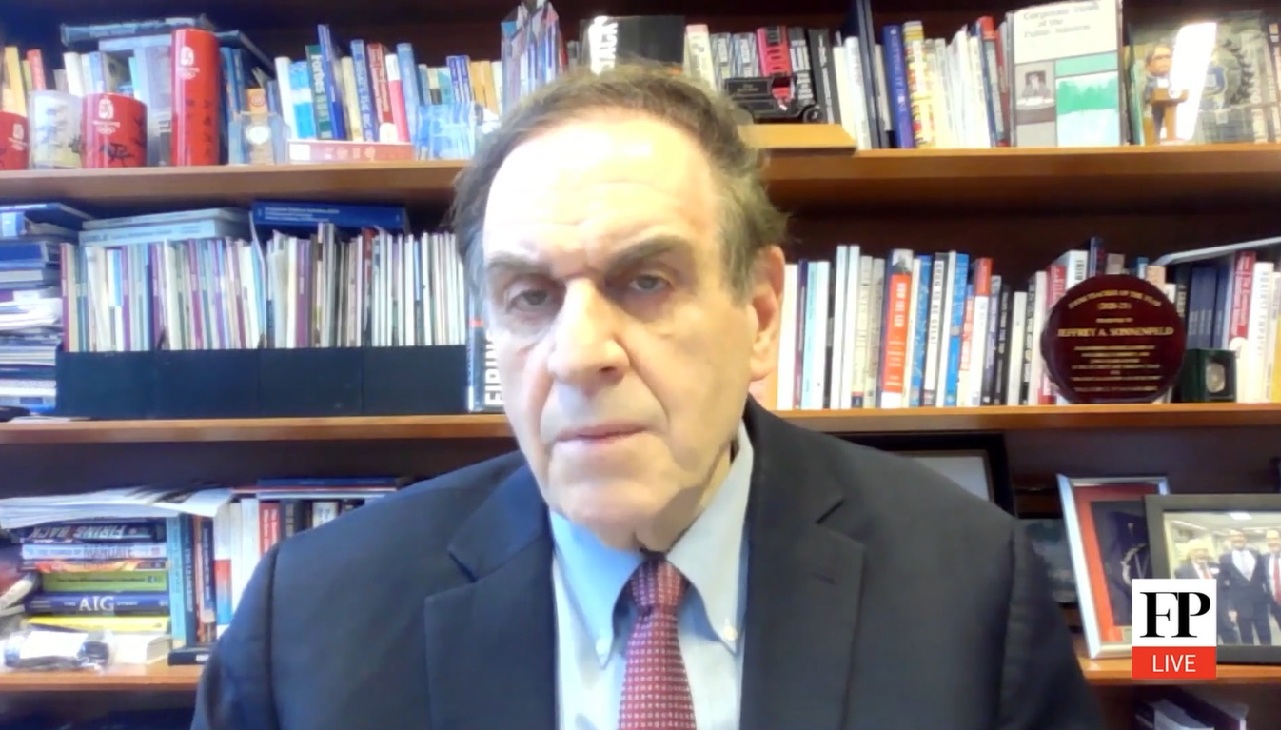
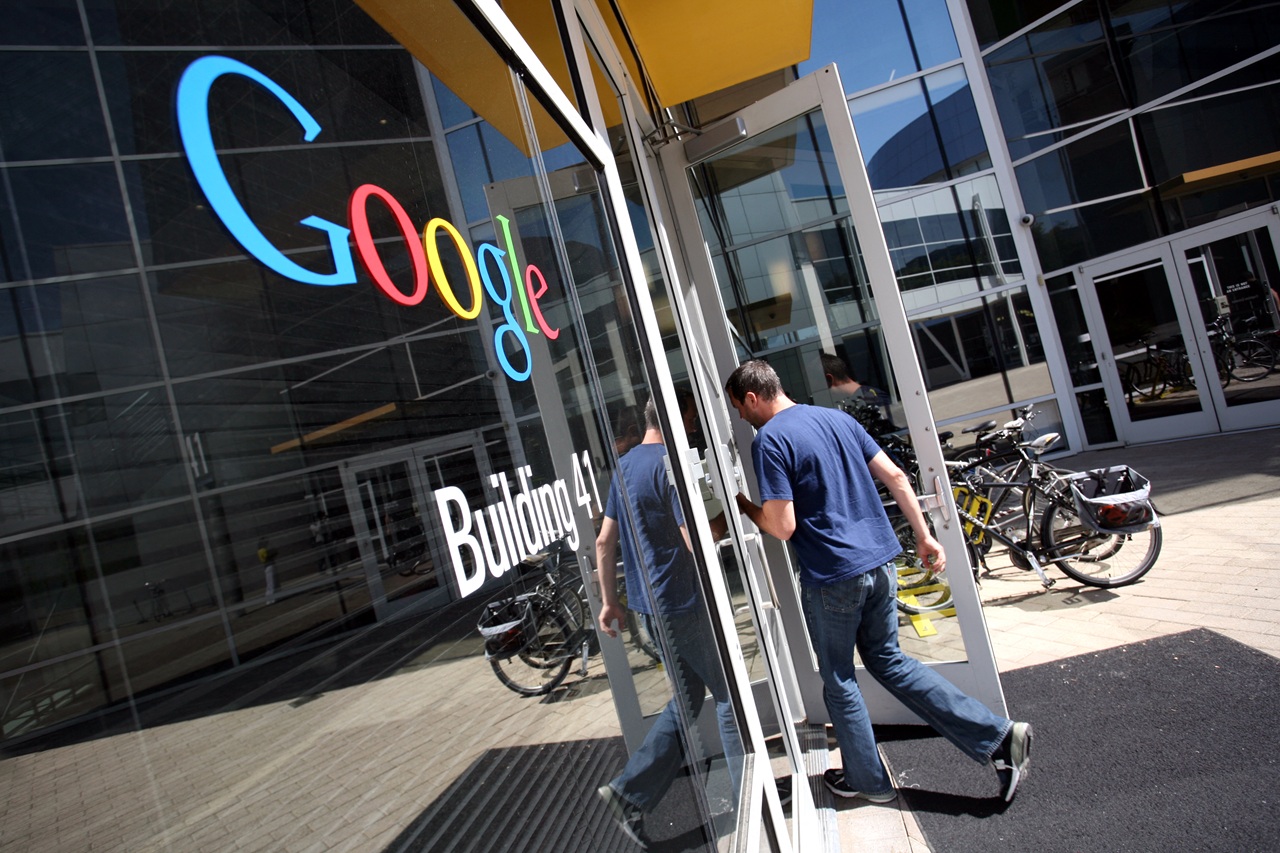


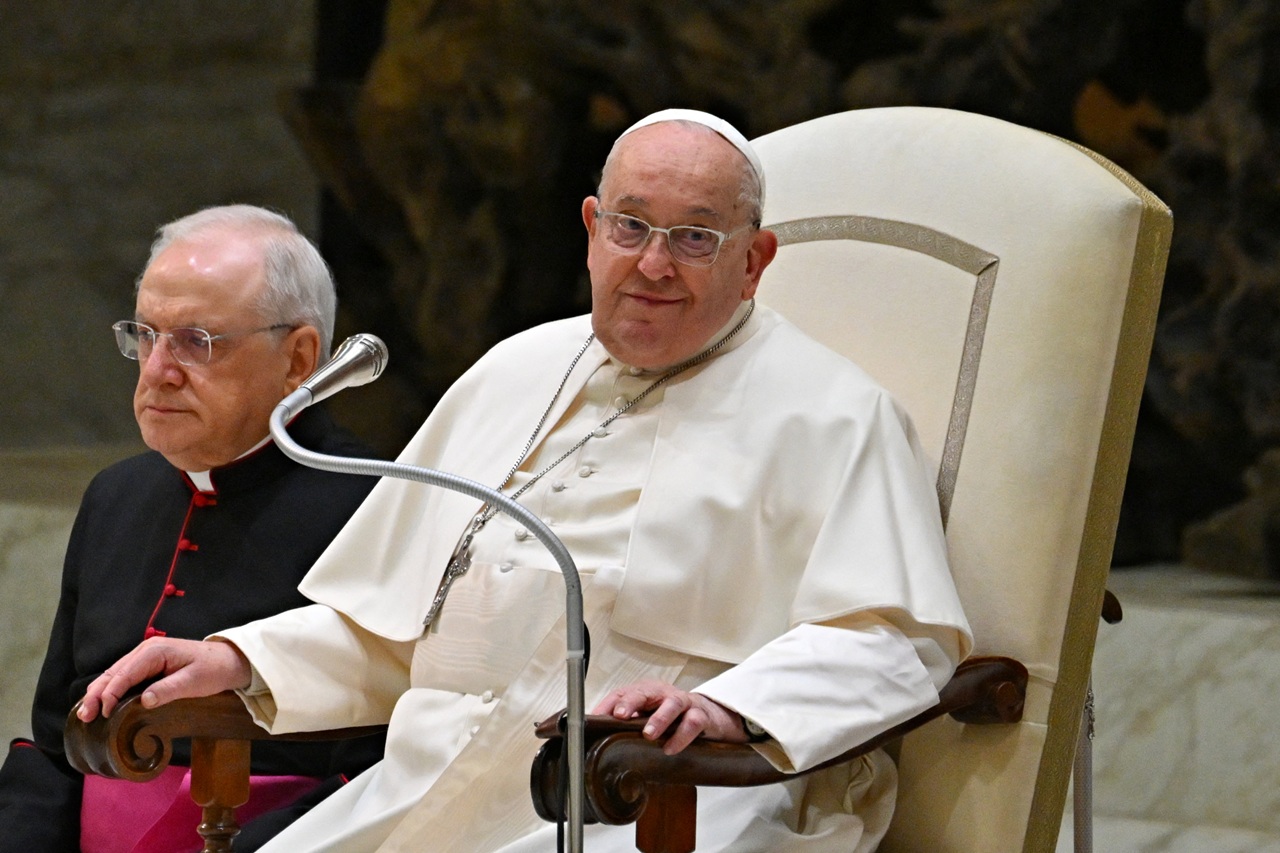


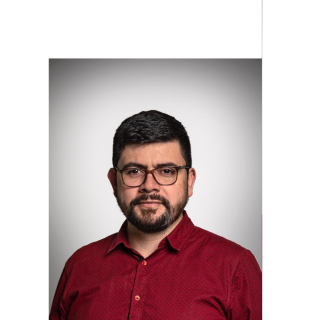
LEAVE A COMMENT: